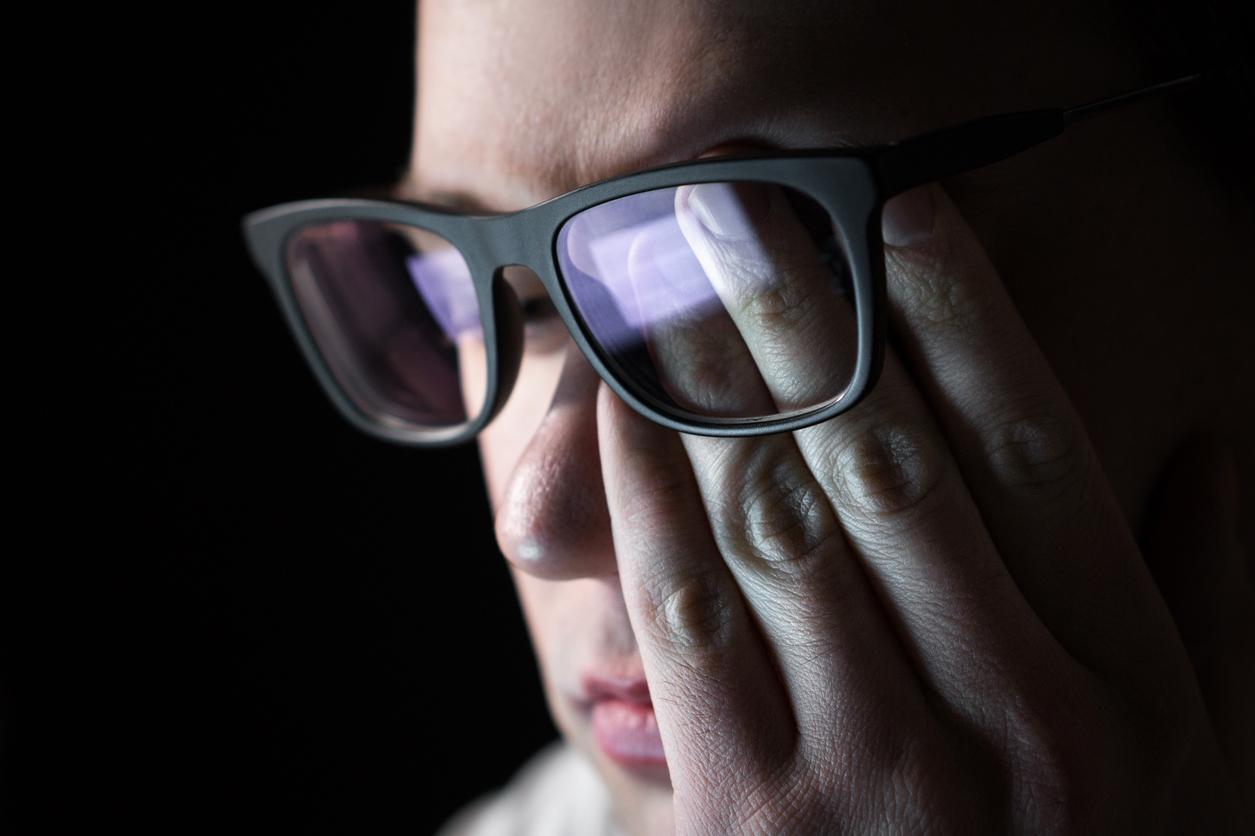Do you tend to feel sad and tired as winter approaches? You may be suffering from seasonal depression, a disorder that occurs in some people during these months of the year.

- According to a 2019 survey, 60% of respondents say that the arrival of autumn decreases their vitality. Nearly one in four people also admits to feeling seasonally depressed.
- The most common symptoms are anxiety, social, sleep and mood disorders. The people concerned may also have a relationship to transformed food marked by weight gain.
Seasonal Affective Disorder (SAD), or seasonal depression, is a form of depression that affects some individuals during the fall and winter. According a survey of YouGov conducted for the HuffPost in 2019, 41% of people questioned admit to being particularly tired during the autumn season. 22% even admit to feeling a certain seasonal depression and more than 60% declare that the arrival of autumn reduces their vitality. To deal with it, a psychologist and a circadian rhythm expert give us four tips in an article of The Conversation.
Seasonal affective disorder: make the most of natural light
Some doctors assume that this seasonal depression could be explained by the lack of light which would disrupt the biological clock, even if the causal link between the two has not yet been scientifically established.
“Circadian rhythm disruption is linked to sleep disturbances, mood changes, and our eating habits and metabolism, all of which are affected by SADargue psychologist Jolanta Burke and immunologist Annie Curtis. This is why getting outside and enjoying natural daylight can be so important for people suffering from sadness.”
Going out with the first rays of the sun in the morning to expose yourself for a few minutes can thus optimize your day ahead. “Since light sends direct signals to your master biological clock that it’s time to wake up, morning light will help you feel more alert throughout the day.” Double benefit: it will also help you fall asleep earlier at night. “At lunch, try going outside again and exposing yourself to more natural light.” If this is not possible because the weather is bad for example, 30 minutes of light therapy every day can also be effective in reducing symptoms of seasonal depression.
Negative emotions: use humor to combat them
“Introducing more humor into your life can help balance your negative emotions and may even improve sleep quality, mood and reduce symptoms of depression.“, say the two specialists.
They advise taking ten minutes each evening to think about things that make you smile and that happened during the day. If nothing comes to mind, you can also think of an awkward situation and a fun way you could deal with it in the future. “Taking the time to watch something funny on TV three or four times a week can also help improve your mood.”
Low morale? Start a new hobby!
“Engaging in a hobby will keep your mind less idle and more engaged, leaving you less time to ruminate, if that’s something you tend to do.”, explain the specialists. They advise in particular to start knitting, an activity known to bring inner calm and positive emotions, or to learn new cooking recipes. But in the end, whatever the hobby they say, what really matters is getting into a “fluid state”: “It is the feeling of “losing oneself” in what one is doing and it is a major component of the experience of subjective happiness.”. Morale will not necessarily rise during the activity, but when it is finished “you will feel a sense of accomplishment and a surge of positive emotions”.
Biological clock: have a regular sleep pattern
“Since sadness is thought to be caused by a disruption in circadian rhythm, maintaining your circadian rhythm over time can help reduce symptoms of sadness.”
One of the pillars for maintaining your biological clock is sleep. Health professionals therefore advise having regular schedules on weekdays and weekends for bedtime and getting up, and avoiding exposure to strong lights in the evening because they can delay falling asleep. “In addition to good sleep, eating your meals at regular times can also help keep your body clock on time.”
If, despite everything, signs of depression persist for several weeks and/or have a significant impact on your daily life, it is advisable to speak to a health professional who can accompany you.

















